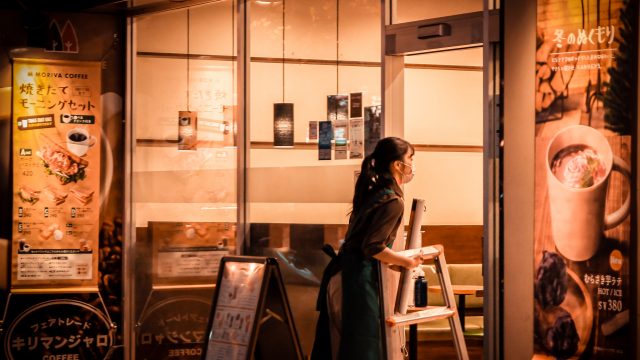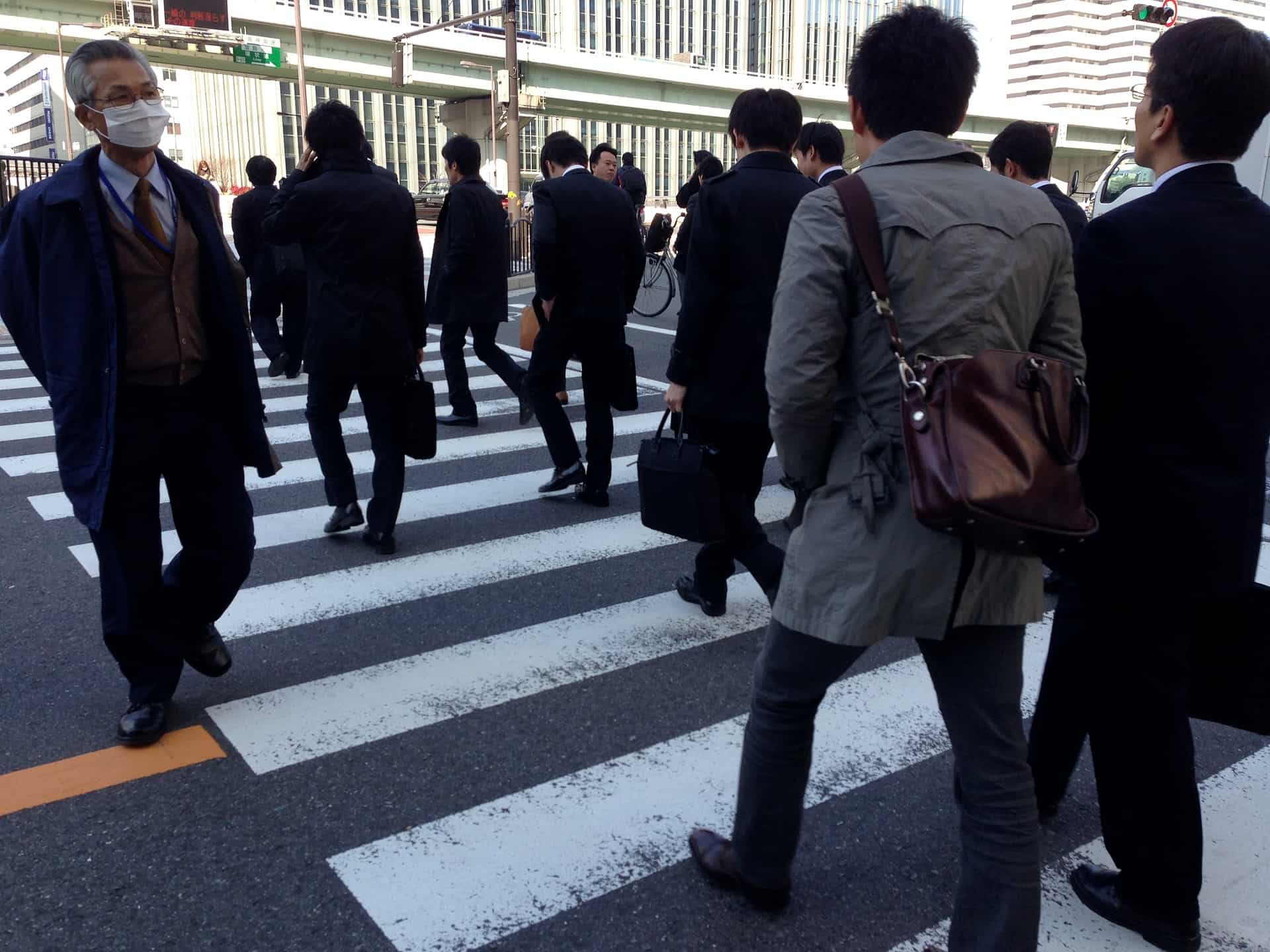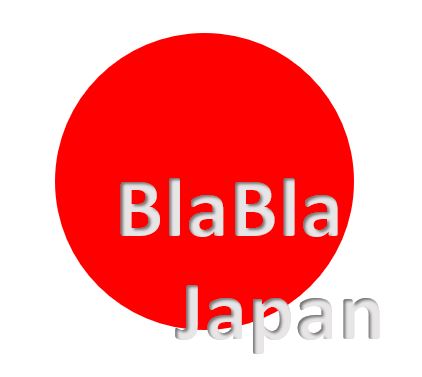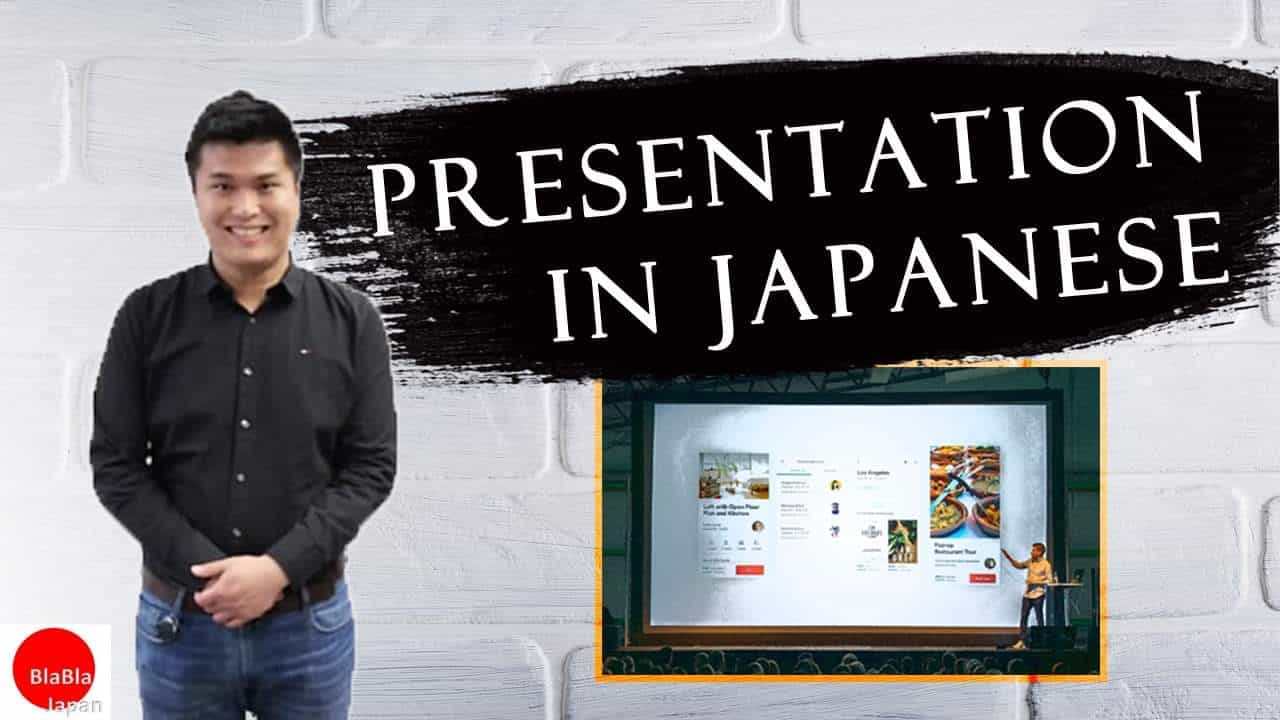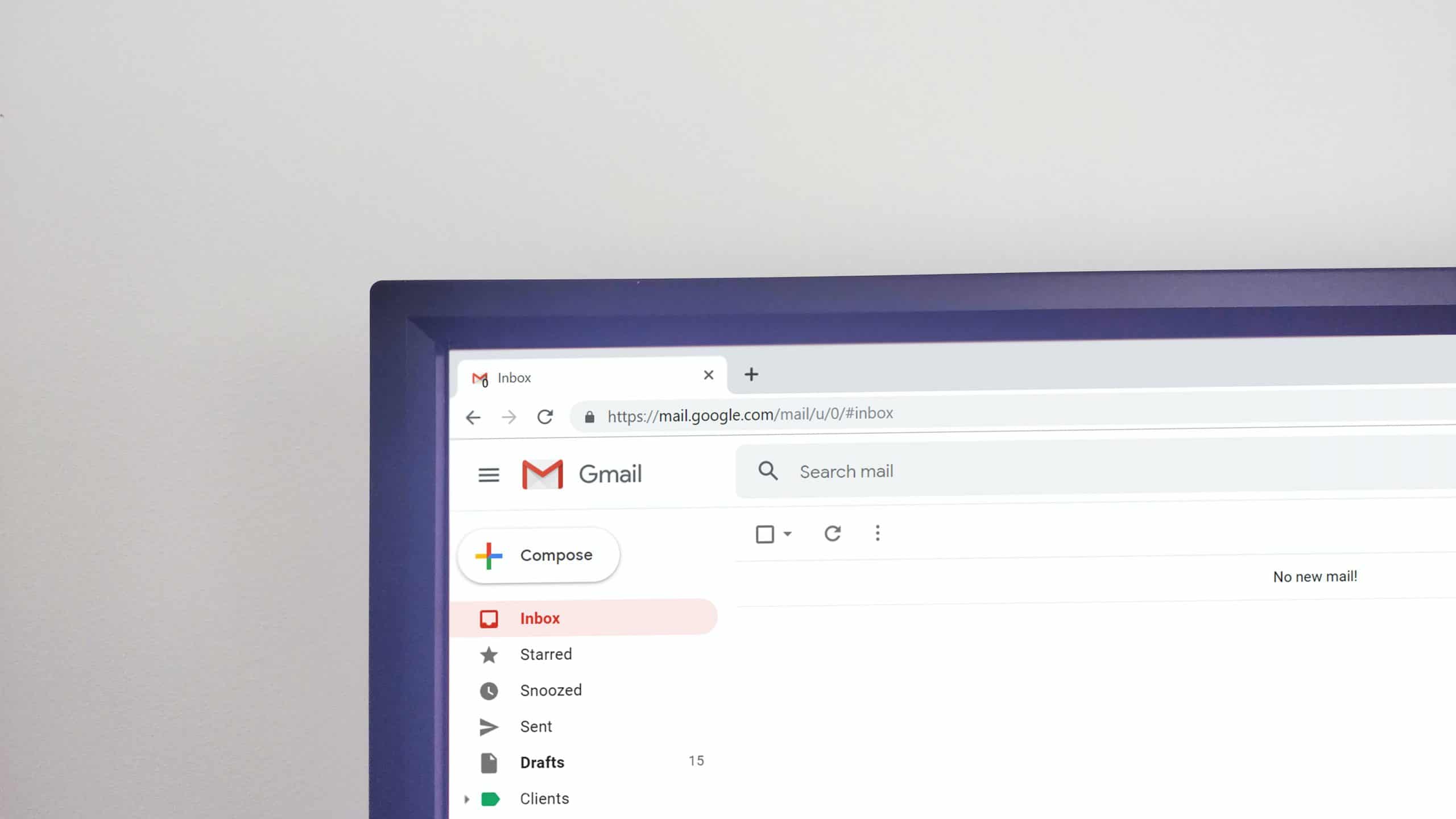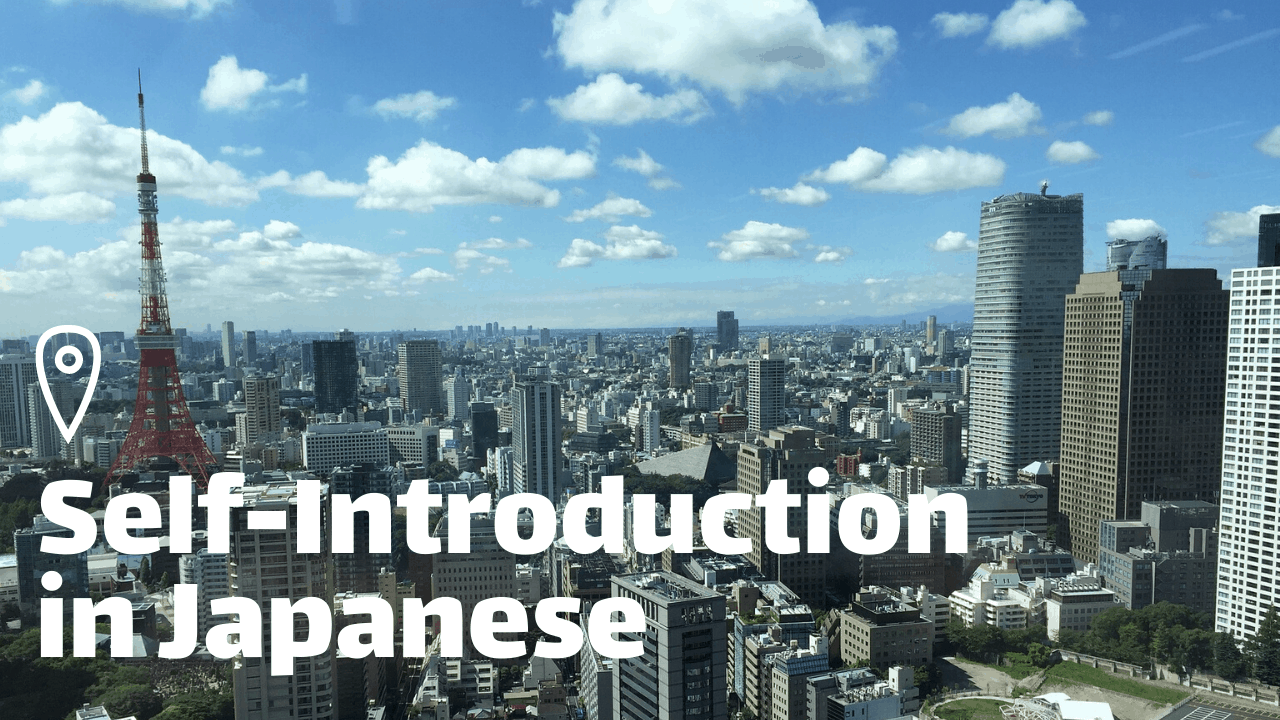As you may know, Japanese written and spoken languages, as well as Keigo and Jogo, are totally different. Keigo – in other words, “respectful language” – is very complicated for a non-native Japanese speaker. On some business occasions using Keigo isn’t polite enough because of a strong hierarchy and complicated language structure. Here we’d like to introduce some more useful Japanese business phrases in addition to the last article “Japanese business phrases for intermediate learners”.
In this article we present twelve additional phrases that are used in business conversation and email exchange on a daily basis. These are originally introduced in a book “Vocabulary notebook for adults”, which you can find on Amazon. The book is written for Japanese people which means that these phrases are not easy even for them, but if you can handle it, your language skills will change for better from tomorrow on.
Please note: The first sentence is the easier version, but not the best one to use in a conversation with elderly people. The second sentence is an improved version, which is recommended to use especially in a conversation with elderly people, clients, customers, managers etc.
How did that issue turn out?
例の件はどうなりましたか?
急かすようで申し訳ないのですが、先日お話しした件はいかがですか?(せかすようで)
The second sentence is perceived as a more polite one, and we recommend to use it when asking the elderly people about the progress of a task.
I wonder if you could help with that inquiry.
例の問い合わせの件で協力して下さい。
お力添え頂けないでしょうか。(おちからぞえ)
„協力して下さい“ might be too direct if you want to ask somebody for a help. The second one is the politest way.
I have listened to you.
お話は聞くだけ聞きますが・・・。
お話は承りました。(うけたまわりました)
„承る“ is a humble version of „聞く“. By using it you can show that you have listened to the interlocutor. This response means neither yes nor no, so you can bring the subject up and answer later.
As you presumed…
確かにそうなのですが。
ご明察の通りです。(ごめいさつのとおりです)
If someone criticizes you and is right, maybe it’s better to accept his notice and give a complement. The first sentence gives an impression that you have accepted the remarks, but are not very happy about it. With the second one you don’t show any emotions.
That’s wrong.
違いますよ。
私の記憶違いかもしれませんが…(きおくちがい)
It is too direct to say „You are mistaken” in Japan. It is better to avoid it if you have to correct someone’s mistake in front of many people, for example at a meeting. In such situation you can use the second sentence, which includes the phase „Sorry, if I am wrong”.
That’s amazing / incredible!
すごいですね。
感服しました。(かんぷく)
For those who have vast differences in experience, position, age, etc., „すごいですね“ wouldn’t work well. You can show your pure respect with „感服“.
Please ask me if you need any assistance.
何でも言って下さい。
何なりと仰って下さい。(なんなりとおっしゃってください)
This will perfectly suit for a final message in an email and will show that you are ready to help.
That is very helpful.
参考になります。(さんこう)
勉強になります。(べんきょう)
If an older person gives you a work advice, the second sentence will be useful.
I’d like you to attend.
課長が出席してくれないと困ります。
課長がいないと始まりません。
When you must organize a welcome party for a new colleague, but some people hesitate to participate, you can convince them with second sentence. Direct translation is “Nothing will start without you”, and this sounds absolutely positive.
I have heard a lot about you.
以前から噂は聞いています。(いぜんからうわさはきいています)
かねてよりご高名は伺っております。(ごこうめいはうかがっております)
This is a really nice greeting, if you meet a person who has a good reputation but who you haven’t met personally yet.
That’s a great idea!
すごいアイデアですね。
目のつけどころが違いますね。
By using this sentence you can emphasize that the person notices things that most people don’t. This sentence will also work for the older people.
That must be tough / I understand how you are feeling.
大変ですね。
お察しします。
This can be used when you want to show empathy, but the second one is more intimate and polite.

